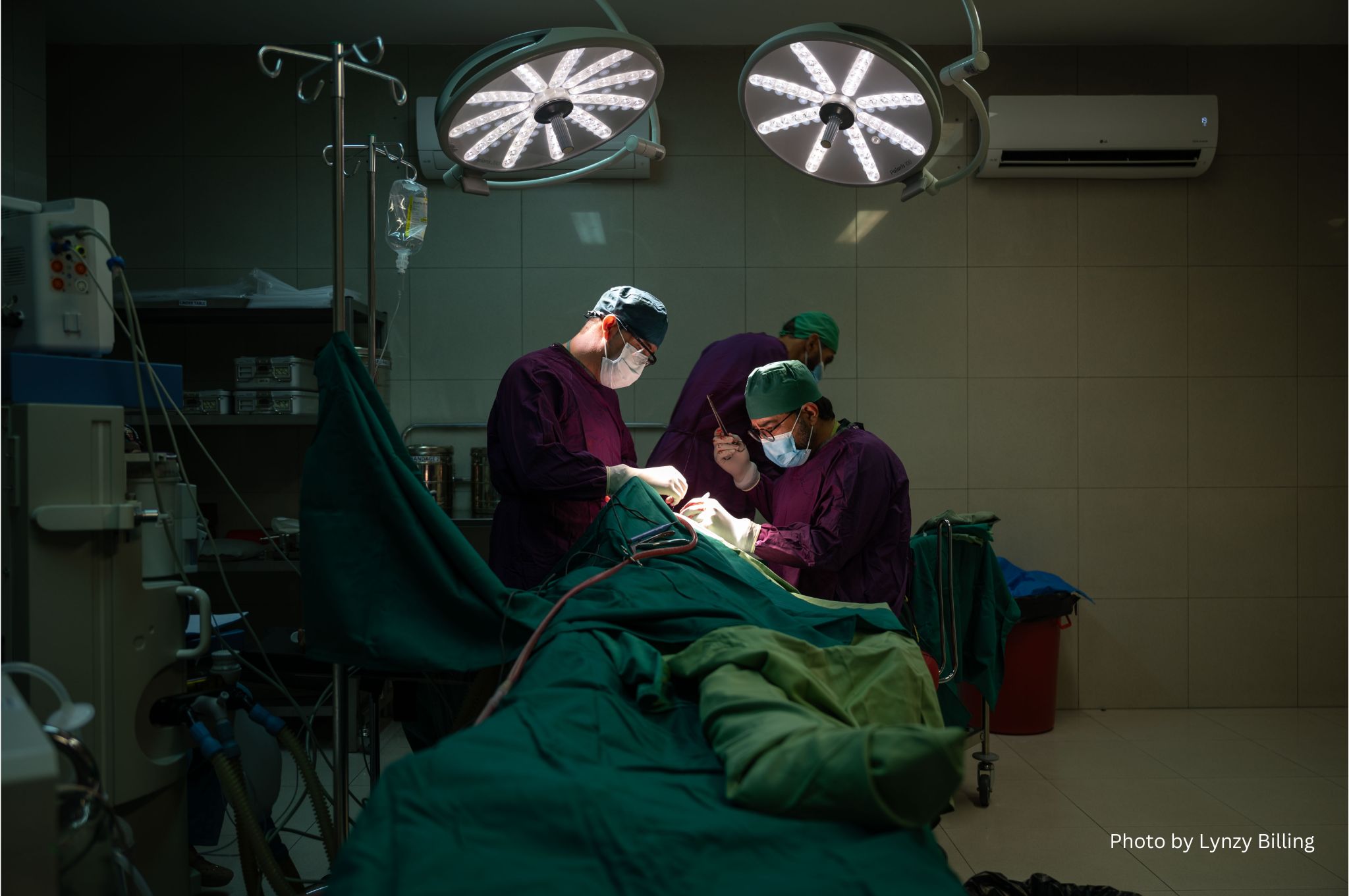
FROM MALI TO ITALY
“We crossed Niger, and then the desert” says M. “Four days in the desert, eating just once in all that time. We were able to drink twice a day, but no more than that. They made us work in all the countries we passed through.” M’s journey, from Mali to Italy, took more than a year. “The worst part was in Libya. They made us work and then stole everything we’d earned. We were all piled together in one small house, far too small… None of my relatives has had any news of me; they must be worried. I still haven’t been able to call them…”
“Not even your parents?” I ask. Tears roll down M’s face. How can you comfort a man? How? What can I say to him?
His tears fall slowly. He lets them slide halfway down his cheeks, then pulls up the high neck of his sweater to dry them away. My stomach feels tight and my legs heavy. I have trouble holding back my own tears, and I sniffle a bit. My sweater has a high neck too, but I’m ashamed, even embarrassed. And yet I do the same thing as him — I let the tears slip down my face and then dry them away.
“M!” Our nurse is calling him, but he’s lost in his thoughts.
“M, mon ami. It’s your turn. You can enter the mobile clinic to be examined.”
“OK, I’m coming… What’s your name?” he asks me.
“Me? Gessica. My name’s Gessica.”
“Inshallah, Gessica. Can you come with me?”
“…ça va, I’ll come. I’ll take you in.”
M tells us about the exploitation and the violence he’s suffered. He carries the signs of it, most of them on his chest. His feet are swollen. In the last two days of his journey, during the crossing of the Mediterranean, they had to swap boats. The one they arrived in was so small they ended up sitting on top of each other. His hands are those of a man who’s used to working the soil. I recognise them from some far-off place in my memory — maybe from my grandparents. When I set off on this experience, many of my friends and relatives repeatedly “warned” me about the diffusive or infectious illnesses that, in their opinion, I risked catching. I replied them with scientific information about the nonsense of this scaremongering.
These people were right about one thing though: there has been a case of contagion. But it’s the contagion of the community. A spirit of conscious, shared equality. An awareness of inalienable rights, continuous information, hospitality, simplicity, humanity and new bonds of friendship.
As I’m travelling back home at the end of my mission, heading towards my little town that in turn hosts a group of asylum seekers, I feel this “illness” growing inside me and I ask myself how I can spread it. That really would be a fantastic epidemic.»
— Gessica, cultural and linguistic mediator for the EMERGENCY team at the Umberto I Centre in Siracusa, where our staff offers free health assistance to migrants arriving on the south-eastern coast of Sicily.



